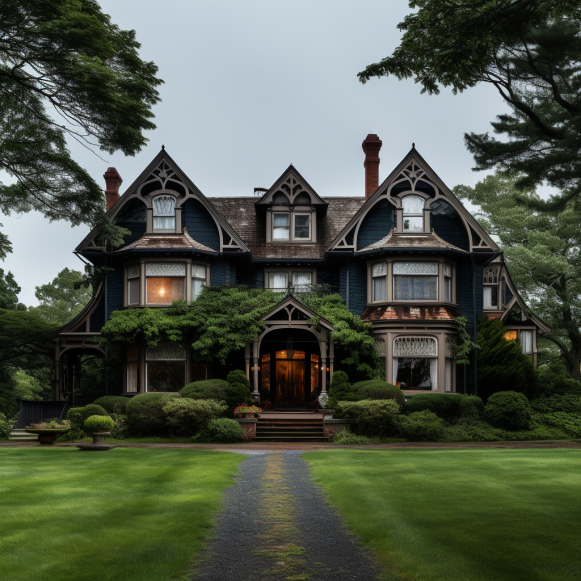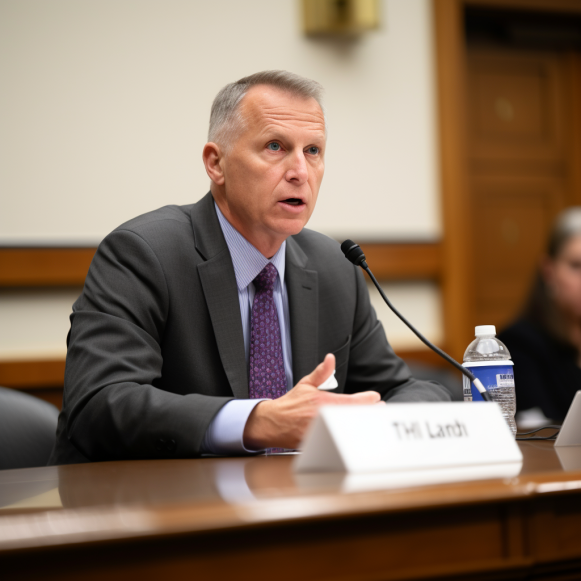Can psilocybin help ease existential despair in patients with advanced cancer? Researchers hope to find out.

A new study in Colorado is attempting to determine definitively whether psychedelics help at least some patients suffering from advanced cancer distress.
Several small studies, according to Dr. Stacy Fischer, co-leader of cancer prevention and control at the University of Colorado Cancer Center, have found that psychedelic drugs may help patients who are feeling demoralized or despair due to their impending mortality. The study in which CU is participating will include a larger and more diverse group of people, which she hopes will yield more conclusive evidence of whether there is a benefit, she said.
“There’s so much science that needs to be done in this space,” said Fischer.
Psilocybin, the active ingredient in magic mushrooms, is still classified as a Schedule 1 drug, which means it has a high potential for abuse and no accepted medical use.
However, the US Food and Drug Administration issued guidance earlier this year for trials involving psilocybin and other psychedelics, designating it as a “breakthrough” therapy for some mental health conditions, easing the path to treatment approval.
If the data show that psilocybin is beneficial for at least some people suffering from existential despair, that information could be useful to the FDA, even though no drug companies have requested FDA approval to market it for that condition, according to Fischer.
In general, doctors can prescribe FDA-approved drugs “off label” for any condition where they may be beneficial, but the FDA has the option to limit how a drug can be used if it is concerned about risk, according to Dr. Brian Anderson, a psychiatrist at the University of California, San Francisco, who is also researching psilocybin.
If patients are going to have that option, he says it’s critical to have strong data proving that it works for people nearing the end of their lives.
All CU study participants will receive six hours of therapy prior to taking the drug and eight hours afterward, spread out over multiple sessions. Half of the participants will be given psilocybin, while the other half will be given niacin, a vitamin that causes flushing and other physical symptoms that mimic the effects of the psychedelic.
“I believe even those who receive the placebo benefit from the therapy,” Fischer said.
One of the participating therapists, Jim Grisgby, a professor at CU’s Denver and Anschutz campuses, said that much of the initial therapy is about preparing for the experience, because people are more likely to benefit if they are willing to let go and go where the drugs take them. He explained that after the experience, they process anything that happened, as well as the patients’ feelings about their cancer and the grief that comes with it.
“Everyone has their own sense of loss,” Grisgby explained.
According to Grigsby, researchers are still trying to determine how important the drug itself is versus the therapy to help patients integrate the experience into their lives. Both matter, he says, because people who took psychedelics at Phish and Grateful Dead concerts didn’t usually leave changed.
“You’d have a lot more people having these profound experiences” if drugs were the only thing required, he said.
According to Fischer, one weakness in psychedelic research is that most people can tell whether they received the active drug or the placebo. They’ll try to account for that by asking people about their expectations ahead of time, to see if a significant portion of any benefit from psilocybin is due to people believing it will help them, she said.
People with stage 3 or 4 cancer and significant anxiety or depression, but no other major medical problems, are eligible for the study. After completing the six-month follow-up process in the initial study, participants will have the option of receiving psilocybin under a different protocol, according to Fischer.
The researchers also want to know if the psilocybin experience has to be particularly spiritual or mystical in order to be beneficial, according to Fischer. They believe a more mystical experience will be beneficial, and she encourages participants to bring items that are meaningful to them to help them get in the right mindset.
Anderson, who is working on a different study to see if psilocybin reduces demoralization in people with a life expectancy of less than two years, says most psilocybin research has involved relatively young, physically healthy people, so more research is needed to see how it affects those who are older and more medically complex.
Of course, there is no good information about what will happen if people take the drugs in “healing centers” like the ones Colorado is establishing, because the conditions may not be as strictly controlled, he said.
“It’s like comparing apples and oranges,” Anderson explained.
Sign up for our weekly newsletter to receive health news in your inbox.





